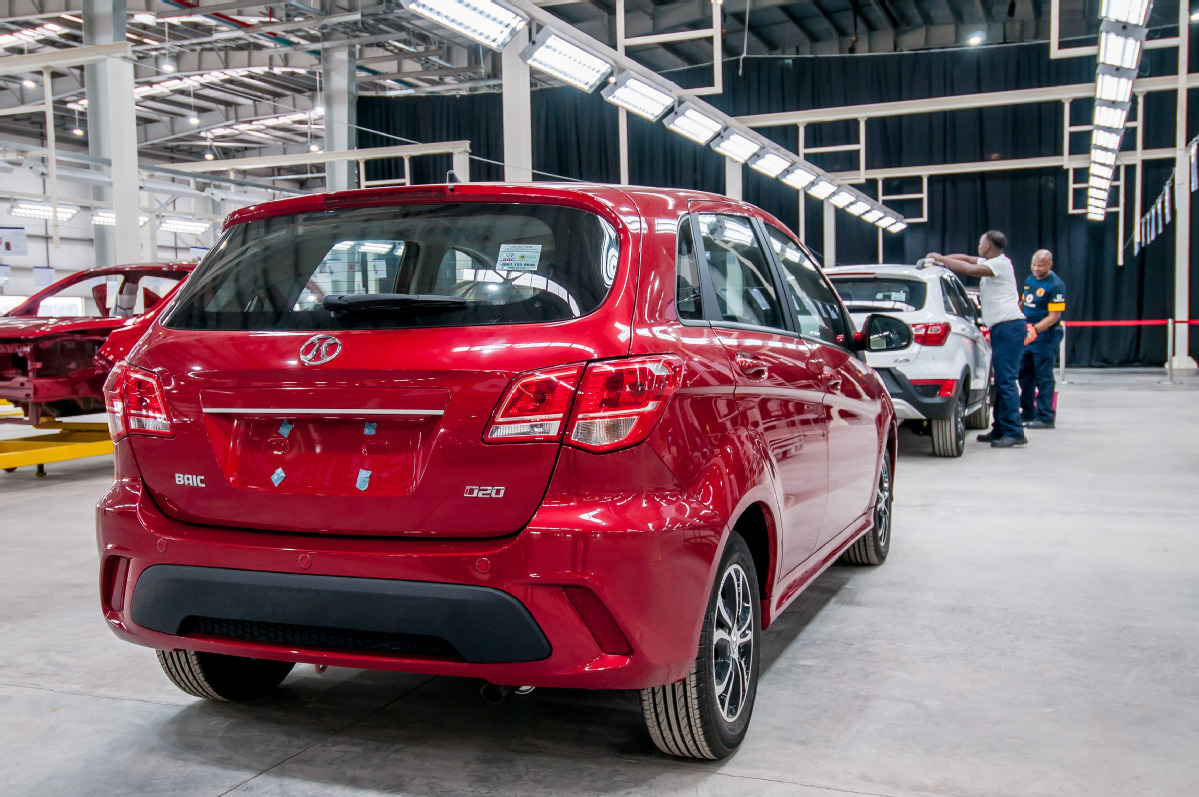BAIC African rally gathers speed


For example, as in many African countries, new cars are beyond the reach of most people in South Africa. Used vehicles command a large share of the market. In most sub-Saharan African countries such as South Africa, Ghana, Ethiopia, Angola and Kenya, used cars account for 70 percent of overall vehicle sales.
The disadvantage in such markets is the brand life of some cars can be as long as 20 years, and anyone with one of the old models can face problems in obtaining spare parts.
For instance, Japanese carmakers including Toyota Motor Corp and Nissan Motor Co, the main source for preowned vehicles in Africa, have stopped producing spare parts for some models from the 1990s.
"Consumer trends in many African countries indicate that buyers go for vehicles for which spare parts are available in the nearest town," said Li. "Besides, we also found that more African consumers have stopped purchasing secondhand vehicles and began to buy new ones, as their incomes grew and various auto loans were offered by banks and dealers."
He said this certainly is a new growth market, because BAIC will be able to provide spare parts in sufficient quantities and after-sales services in time through dealerships and locally built warehouses. For the purpose, BAIC is using its industrial chain model in South Africa.
The number of dealerships of BAIC in South Africa will rise from the current 17 to 27 by the end of this year, he said.
The Beijing-headquartered BAIC employs over 130,000 staff worldwide and has built over 20 plants, research and development centers in Mexico, India, Japan, the Netherlands, Spain, Germany, Italy and the United States.
It sold 2.51 million vehicles in both China and overseas markets in 2017 to net 470.3 billion yuan ($68.85 billion) in revenue.
The group plans to sell 300,000 vehicles by 2020 in overseas markets through its sales networks in over 80 countries and regions.
Like BAIC, Chinese automakers including Shanghai-headquartered SAIC Motor Corp, Chongqing Lifan Group Co and Great Wall Motors Group Co have been boosting their sales overseas, and exported 891,000 vehicles in 2017, up 26 percent year-on-year, according to the China Association of Automobile Manufacturers, a Beijing-based industry body.
Auto exports last year included 639,000 passenger cars and 252,000 commercial vehicles.
"Because most of these export destinations have relatively undeveloped auto industries, the local governments welcome Chinese automakers that can bring in advanced technologies and impart relevant skills to workers," said Xue Rongjiu, deputy director of the China Society for World Trade Organization Studies, a Beijing-based think tank.
Since the auto market is seen as a barometer of the larger economy, countries accord priority to the industry as it reflects the scale of GDP, consumption power, regional trade and the scale of industrialization and infrastructure development, he said.




































